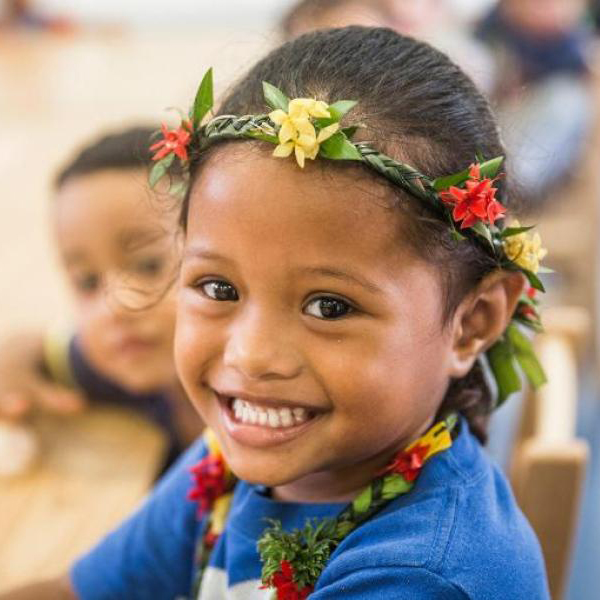About Us
SIAPO, is a New Zealand initiative, led by qualified and professional practitioners, developing and designing professional learning resources with the cultural context of Pacific children placed front and centre.
The opportunity to develop SIAPO grew from a vision of like-minded practitioners, who visioned a need to deepen practices with Pacific and non-Pacific teachers. It is our mission, and intent to provide and deliver a collection of professional teaching and learning activities and ideas from which early learning teachers can confidently conduct learning conversations, and professionally develop and select activities and adapt these to meet children’s learning, and for use across a variety of contexts.
SIAPO is a professional learning and development service for practitioners, who, believe that teaching and learning includes cultural intelligence, humility and resiliency. For centuries SIAPO has been passed from generation to generation as an art form. As a specialised form of recording and passing on knowledge and our stories, SIAPO as a model of practice, in our approach, is about celebrating success and achievement with Pacific children as learners. A practice model for SIAPO, is sustainable education in Pacific early learning, for the well-being – individual and community – and is premised on ten basic principles. These are cultural continuity, resilience, spirituality, agency, commitment and participation, life-long learning/education, indigenous pedagogies, decolonization, self-determination and knowledge of socio-cultural/historical histories.

As a professional learning provider, SIAPO, is designed as a Learning HUB, and professional resource for three purposes: • It is a way for us to share, design and collaborate with wider Pacific in the ECE education community, and to acknowledge and celebrate learning and teaching success • To illustrate ngāturu, the cultural competencies for teachers listed in Tapasā (Ministry of Education, 2018) in context of ECE education; and • To make use of co-design and co-lab, e-learn, leadership and learning, as the basis for a collection of teaching and learning activities to show how Pasifika and non-Pasifika teachers can use their cultural knowledge as a resource for learning in ECE education
